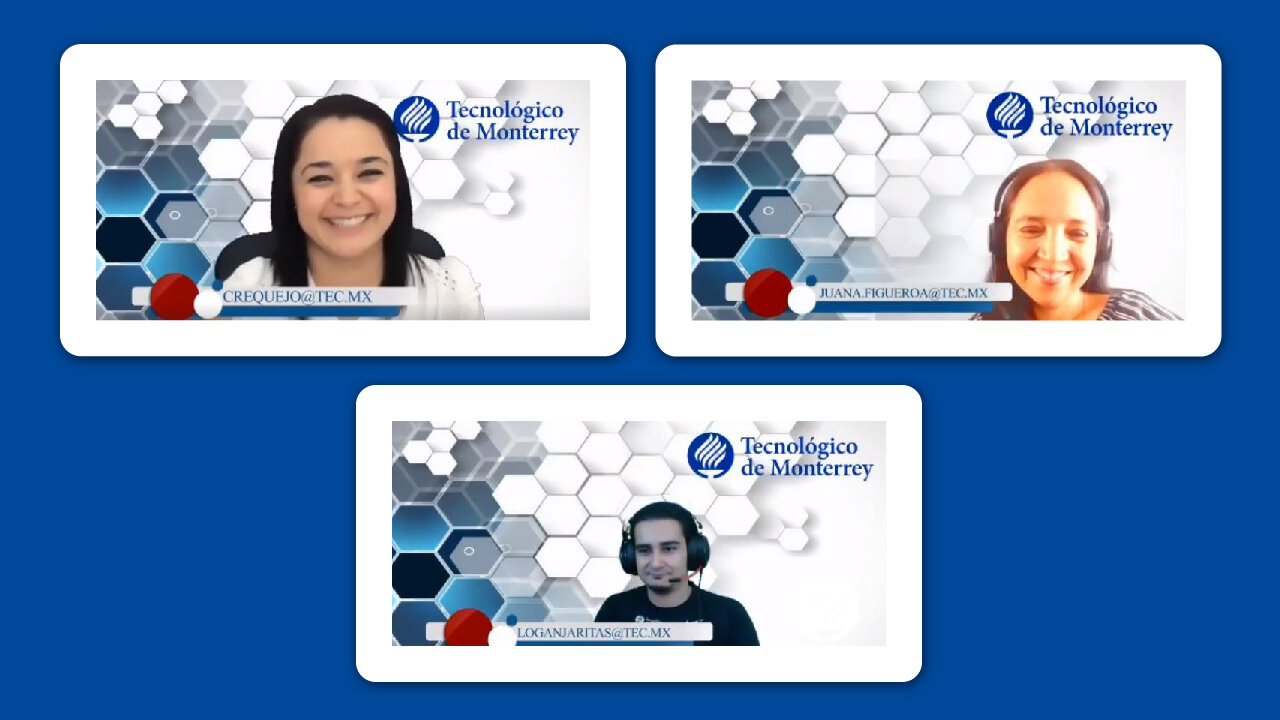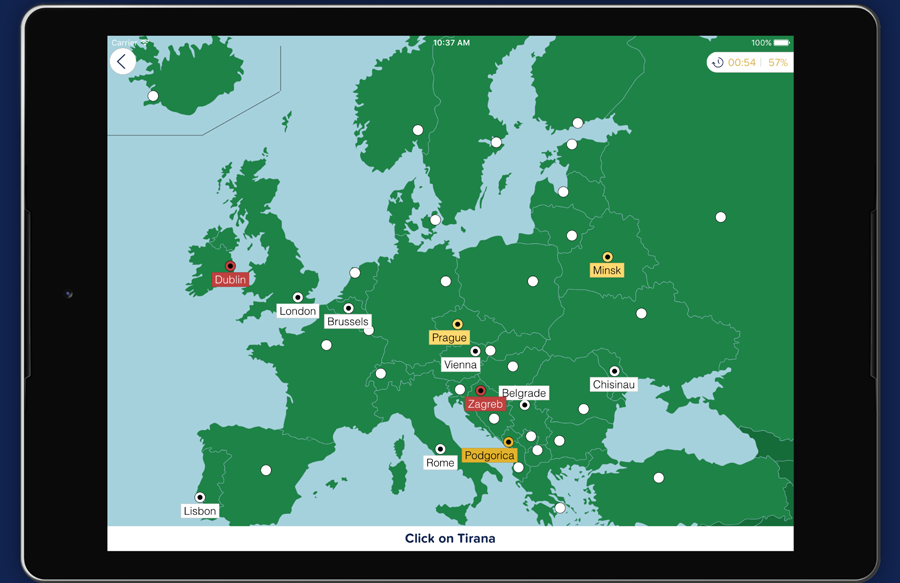The OpenSimon toolkit contains a wide range of teaching resources aimed at improving instruction, as well as instruments for edtech researchers and designers.
Image: Bigstock
Carnegie Mellon University launches OpenSimon, a set of tools, techniques, content and codebase to improve teaching. A collection of open resources worth more than 100 million dollars in research and development.
The OpenSimon toolkit contains a wide range of resources for educators who aim to discover which techniques or content are the most effective, as well as useful tools for researchers and designers of educational technology products.
The initial version includes tools such as DiscourseDB, to facilitate the analysis and storage of educational data; RoboTutor, an Android tablet app that allows children from 7 to 10 years without access to schools to learn basic reading, writing, and math without the help of an adult; and ChemCollective, virtual laboratories, scenario-based learning activities, tutorials and concept tests, in which teachers and students can review and learn concepts through tutorials and simulations.
The toolkit is available for free on the OpenSimon website, and individual components are available under open source licenses.
data-animation-override>
“Colleges and universities need to think about how to evolve to ensure that our students are poised for success (…) Carnegie Mellon stands at the forefront of the development of effective learning methods. It is our responsibility to share new technologies with the learning community to universally improve educational outcomes.”
Carnegie Mellon’s statement affirms that the integration of research, data and instructional practice developed by their learning scientists contrasts with the approaches of many other institutions, where instructional design is often based on intuition rather than research, and where technology is implemented without reasoning.
In the coming months, Carnegie Mellon will announce a set of short workshops for teachers to use the full potential of the techniques and tools available in OpenSimon.
This article from Observatory of the Institute for the Future of Education may be shared under the terms of the license CC BY-NC-SA 4.0 
)
)











)
Sofía García-Bullé
Sofía García-Bullé
Sofía García-Bullé